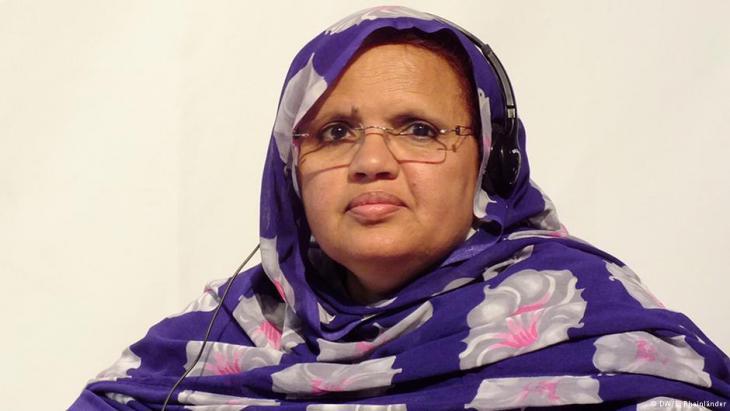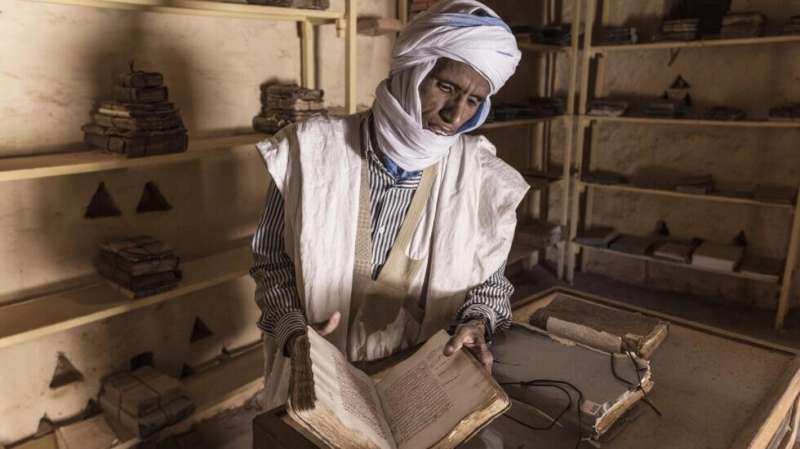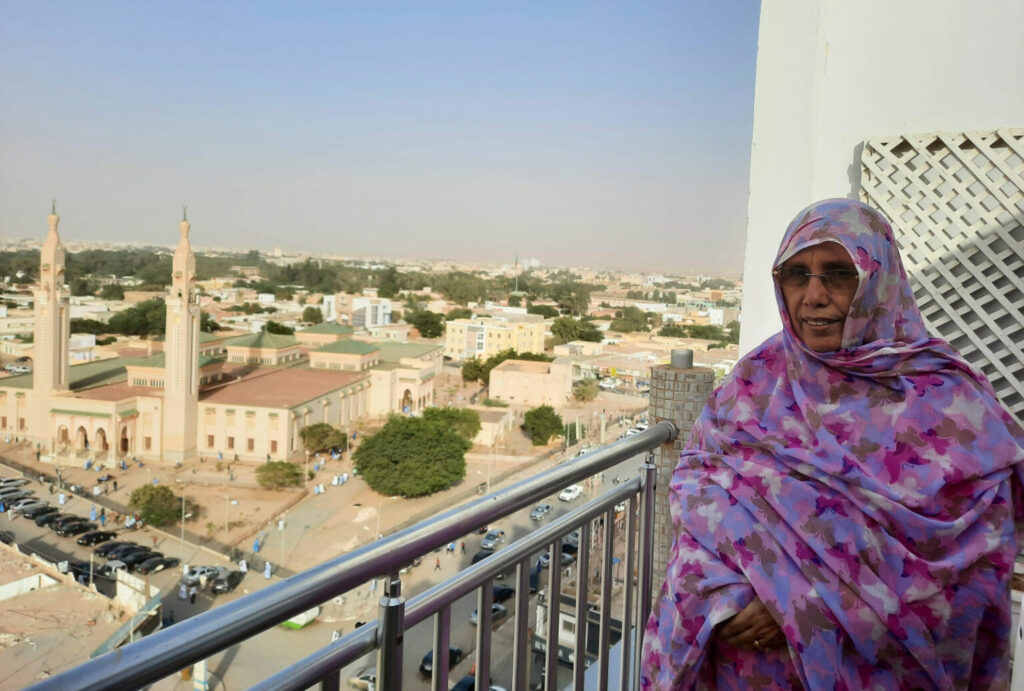The Academy will nurture the development of the language in Mauritania and beyond, bringing together an elite group of scholars dedicated to the cause.
The new headquarters of the Arabic Language Council in Nouakchott, Mauritania, was inaugurated on Monday under the patronage of Mauritania President Mohamed Ould Cheikh El Ghazouani, and through the contribution of His Highness Sheikh Dr. Sultan bin Mohammed Al Qasimi, Member of the Supreme Council and Ruler of Sharjah, and Supreme President of the Arabic Language Academy (ALA) in Sharjah.
Development of the Arabic language
Ahmed Sid Ahmed Dié, Mauritanian Minister of Culture, Youth, Sports and Relations with Parliament, presided over the ceremony, expressing gratitude for the generous contribution from Sheikh Dr. Sultan. The Academy in Mauritania will nurture the development of the Arabic language in Mauritania and beyond, bringing together an elite group of scholars dedicated to this noble cause.
The ceremony was also attended by several senior diplomatic and media figures, as well as heads of Arab language academies.
During the event, Mohamed Hassan Khalaf, an ALA Board of Trustees member and Director-General of the Sharjah Broadcasting Authority, conveyed a message to the community of linguists and researchers in Mauritania from the Ruler of Sharjah. He also spoke about the importance of supporting major scientific projects and continuous efforts to empower the Arabic language in various countries worldwide, highlighting the strong relationship between the UAE and the Mauritania.
Championing Islamic and Arabic culture
Ahmed Sid Ahmed Dié presented a commemorative shield to the Ruler of Sharjah, and was received by Mohamed Hassan Khalaf in appreciation of Sheikh Dr. Sultan’s efforts in championing Islamic and Arabic culture and language, in various countries around the world.
Dr. Khalil Al Nahwi, Chairman of the Arabic Language Council in Mauritania, delivered a speech congratulating the attendees, the entire Mauritanian population and all guardians of the Arabic language. He also reviewed the council’’s achievements over the past five years, praising the support it receives directly from the Ruler of Sharjah and the Arabic Language Academy in Sharjah.
Ahmed Sid Ahmed Dié, along with Mohamed Hassan Khalaf and Dr. Mohamed Safi Al Mosteghanemi, Secretary-General of ALA, unveiled a commemorative plaque marking the opening of the building before the ceremonial cutting of the ribbon, and was followed by a tour of the impressive building, designed in the Mauritanian architectural style.
Built with eco-friendly materials, the new headquarters consists of two floors and includes several administrative offices, study halls, meeting rooms, and an expansive library. The main building is accompanied by a hall named Al Qasimiya Hall to be used for seminars and events. The headquarters also houses a mosque that can accommodate more than 300 worshippers.
Situated in the University district on land provided by the Mauritanian government, the entire construction and furnishing of this significant establishment were funded by the Ruler of Sharjah.
source/content: khaleejtimes.com (headline edited)
___________
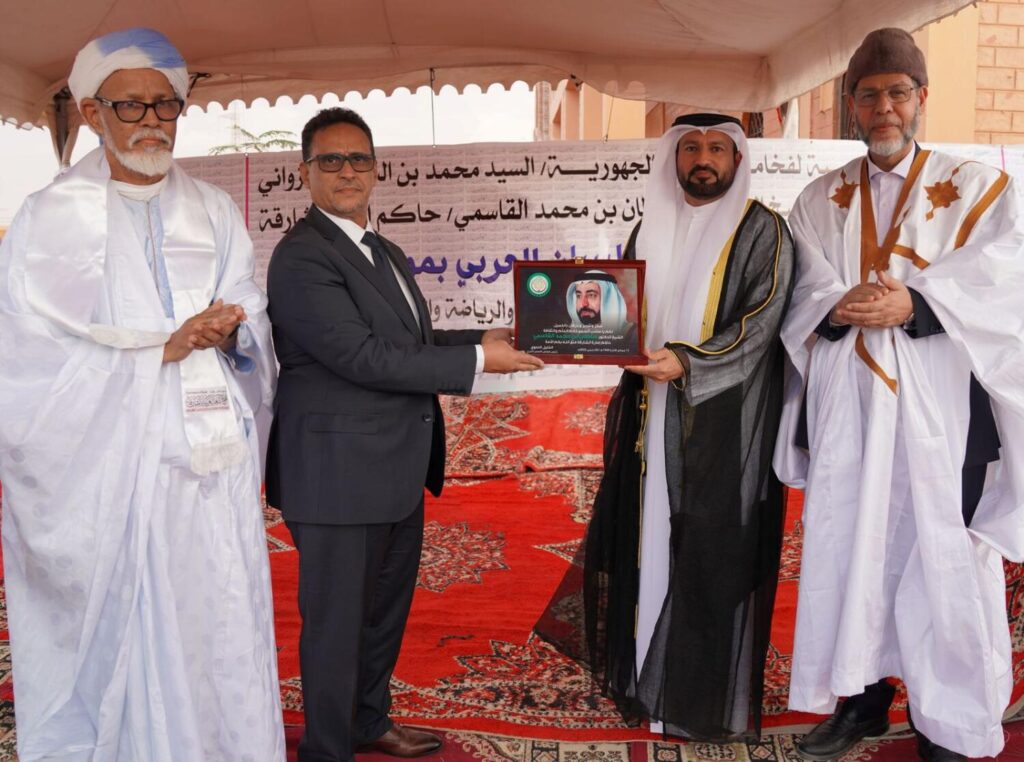
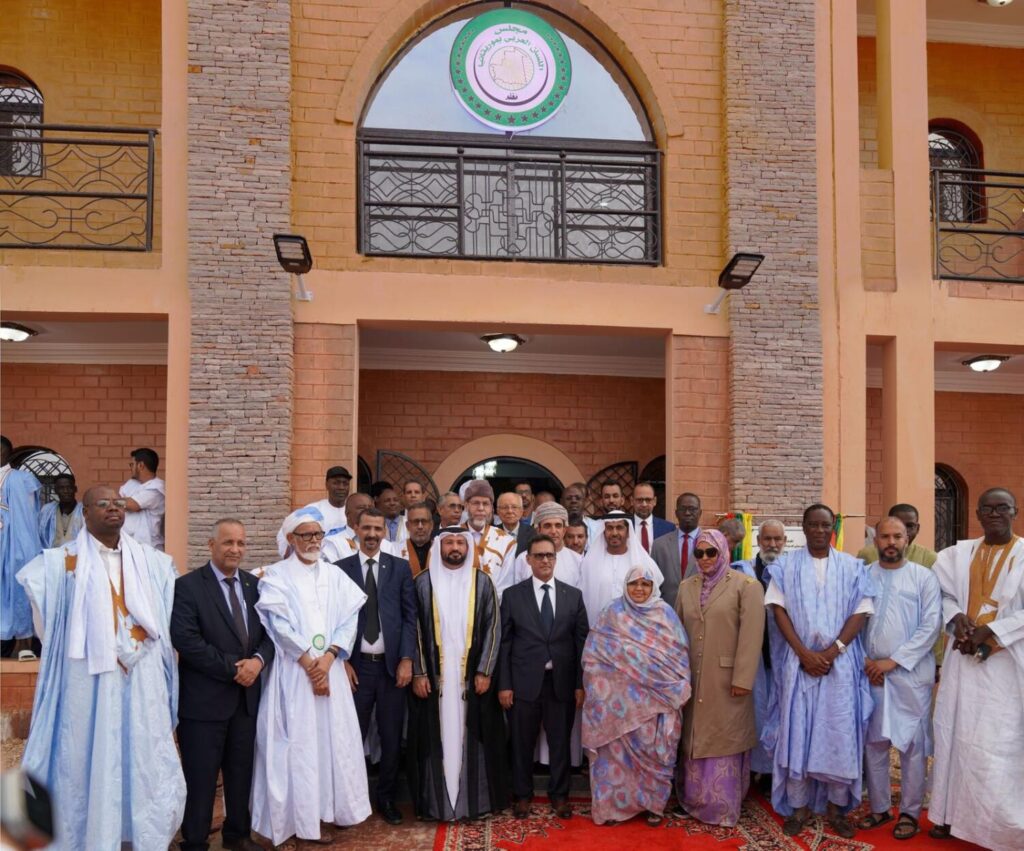
___________________________________
MAURITANIA / SHARJAH, U.A.E
